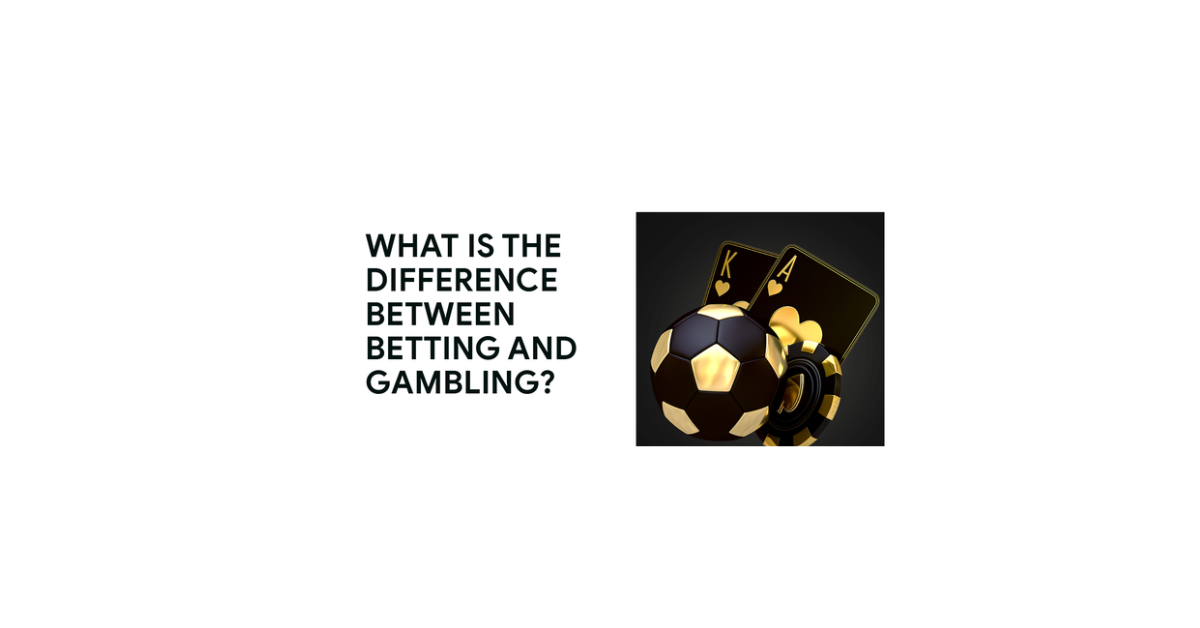Betting and Gambling: Understanding the Difference
Betting and gambling are often used interchangeably, but they have distinct differences. Betting typically involves placing a wager on the outcome of a specific event, such as a sports game or horse race. It is usually a more structured activity with defined odds.
On the other hand, gambling is a broader term that encompasses various games of chance, such as roulette, slots, or card games. Gambling is generally more based on luck rather than skill and can involve a wider range of activities than betting. The key distinction lies in the level of control and predictability each activity offers to the participant.
The Psychology Behind Betting and Gambling
Understanding the psychology behind betting and gambling is essential in grasping why individuals engage in these activities. One significant aspect of human behavior that comes into play is the concept of risk-taking. Research suggests that the thrill of uncertainty and the potential for rewards activate the brain’s reward system, leading individuals to take risks in betting and gambling scenarios. This thrill-seeking behavior can be exhilarating and give individuals a sense of excitement that they may not experience in other aspects of their lives.
Additionally, the psychology behind betting and gambling is often influenced by cognitive biases. These biases can lead individuals to make irrational decisions based on faulty reasoning or skewed perceptions. For instance, the illusion of control bias may lead someone to believe that they have more control over the outcome of a bet or gamble than they actually do, leading to increased participation in such activities. Understanding these cognitive biases is crucial in recognizing how they can impact decision-making processes in the context of betting and gambling.
Regulation and Laws Surrounding Betting and Gambling
When it comes to the regulation and laws surrounding betting and gambling, different countries have varying approaches. Some nations have strict regulations in place to control and monitor the betting and gambling industry to ensure fair play and prevent illegal activities. These regulations often include age restrictions, licensing requirements for operators, and guidelines on responsible gambling practices.
In contrast, some countries have more relaxed regulations or even outright bans on betting and gambling activities. This can lead to an increase in illegal gambling operations and unregulated markets, posing risks to both consumers and the integrity of the industry. It is important for lawmakers to strike a balance between allowing individuals the freedom to engage in these activities while also implementing measures to safeguard against potential harm.
The Impact of Betting and Gambling on Society
The prevalence of betting and gambling has led to a myriad of social issues in society. The accessibility of online platforms has made it easier for individuals to engage in these activities, often leading to addiction and financial troubles. Families can be torn apart by the negative consequences of excessive gambling, with relationships suffering and trust being broken.
Moreover, the normalization of betting and gambling in popular culture has desensitized individuals to the potential harms associated with these activities. Many people fail to recognize the serious repercussions that can result from compulsive gambling, such as mental health problems and substance abuse. As these behaviors become more socially acceptable, the impact on society at large continues to escalate.
Common Misconceptions about Betting and Gambling
One common misconception about betting and gambling is that it’s an easy way to make money quickly. Many people believe that by placing a few bets or playing a few rounds of a game, they can instantly hit the jackpot and become wealthy. However, the truth is that the odds are always stacked against the player in most betting and gambling activities, and the house almost always has the advantage. It’s important to approach these activities with the understanding that it’s more about entertainment than a reliable way to make money.
Another misconception is that only irresponsible or addicted individuals engage in betting and gambling. While it’s true that compulsive gambling can lead to negative consequences, such as financial problems and strained relationships, many people participate in these activities in a responsible and controlled manner. It’s important to recognize that not everyone who engages in betting or gambling has a problem, and that it can be a fun and harmless pastime when done in moderation.















